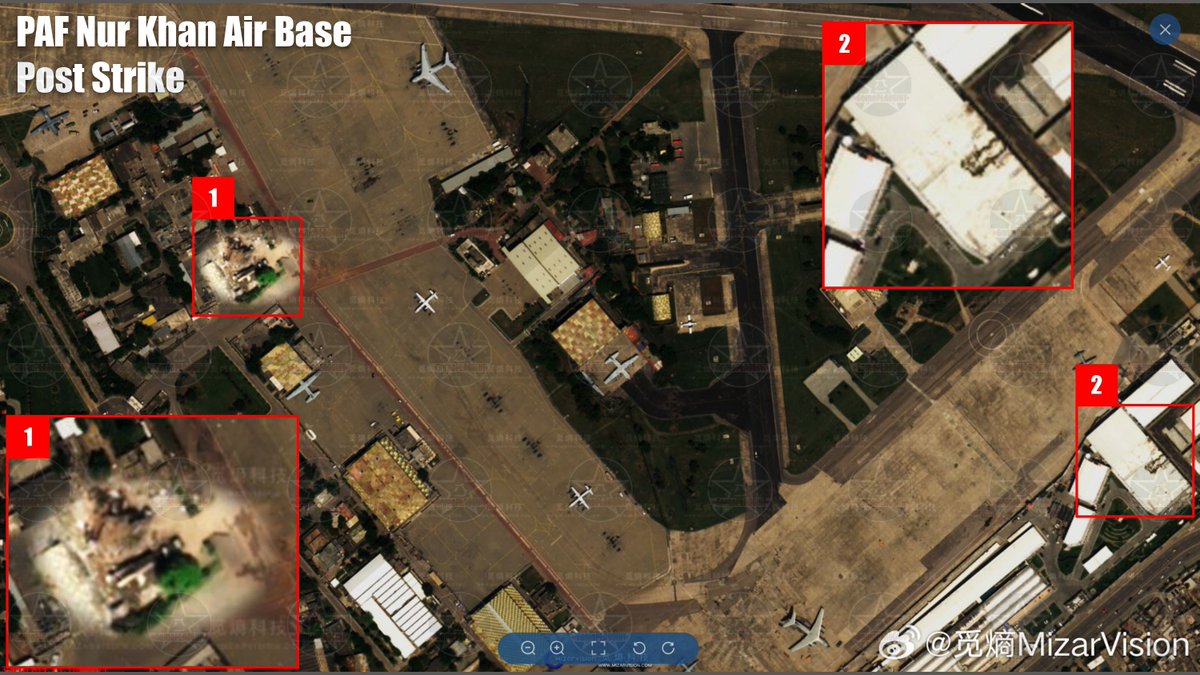New Delhi, May 17, 2025 – In a bold and controversial statement, India’s Defence Minister Rajnath Singh has raised serious concerns over the International Monetary Fund’s (IMF) continued financial assistance to Pakistan, calling it “no less than terror funding.” His remarks have sparked a wave of international reactions, adding fuel to the ongoing global debate over terror financing, state-sponsored extremism, previous bailouts packages of IMF aid to Pakistan and the responsibilities of international financial institutions.
This article explores the full scope of Rajnath Singh’s statement, its geopolitical implications, and the background of IMF-Pakistan relations, while analyzing India’s position on global terror networks and financial accountability.
🔍 What Did Rajnath Singh Say about IMF Aid to Pakistan?
Speaking at a national security seminar in New Delhi, Rajnath Singh took direct aim at the IMF’s recent disbursal of funds to Pakistan, accusing the international body of “indirectly enabling terrorism” by providing economic relief to a nation India accuses of supporting cross-border terrorism.
“When institutions like the IMF continue to pump billions into Pakistan’s economy without holding it accountable for terror activities, it’s no less than funding terrorism,” Singh stated.
He further emphasized that India has suffered for decades due to terrorism “rooted in Pakistani soil” and expressed concern that international funds could be diverted for non-civilian or militant use.
💸 IMF-Pakistan Relationship: A History of Bailouts
Pakistan has historically depended on IMF bailouts to stabilize its fragile economy. The IMF approved a $3 billion short-term loan for Pakistan in 2023, following yet another balance of payments crisis. Over the past few decades, Pakistan has entered into more than 20 IMF programs, often citing fiscal deficits, inflation, and dwindling foreign reserves.
However, critics argue that IMF loans have failed to bring structural reform in Pakistan’s economy, and instead allow the country to delay difficult decisions.
Key IMF Packages to Pakistan:
- 2019: $6 billion bailout under Extended Fund Facility
- 2023: $3 billion Stand-by Arrangement (SBA)
- 2024: Discussions initiated for a new long-term structural adjustment program
Despite the IMF’s stated conditions on austerity, tax reform, and privatization, enforcement remains spotty and transparency of fund utilization is often questioned.
🧨 India’s Allegation: IMF Aid to Pakistan as Indirect Terror Support
India has long accused Pakistan of harboring and supporting terror outfits like:
- Lashkar-e-Taiba (LeT)
- Jaish-e-Mohammed (JeM)
- Hizbul Mujahideen
These groups have been linked to numerous terrorist attacks in India, including the 2001 Indian Parliament attack, 2008 Mumbai attacks, and countless cross-border incursions in Jammu and Kashmir.
Rajnath Singh’s argument hinges on the premise that unconditional monetary support, even through credible institutions like the IMF, allows Pakistan to free up resources that may indirectly benefit these groups.
🌍 Global Reactions: A Mixed Response about IMF Aid to Pakistan
United States:
While Washington has remained cautious in directly endorsing Singh’s statement, a senior U.S. diplomat noted:
“We share India’s concerns about terror financing. Transparency and accountability are critical when extending economic aid to any nation.”
European Union:
The EU issued a measured response:
“The IMF operates independently, but concerns related to terror financing should be addressed multilaterally and with evidence.”
Pakistan:
In a strongly worded rebuttal, Pakistan’s Foreign Office dismissed Rajnath Singh’s comments as “baseless, irresponsible, and aimed at maligning Pakistan globally.” They emphasized that IMF funds are used solely for economic reform and stabilization.
📊 Terror Funding & International Oversight: What’s the Reality?
Pakistan is currently on increased monitoring by the Financial Action Task Force (FATF), an intergovernmental body aimed at combating money laundering and terror financing.
Though Pakistan was removed from the FATF grey list in 2022, the international watchdog continues to evaluate Islamabad’s commitments toward dismantling terror networks and curbing financial support to extremist elements.
FATF Requirements for Pakistan:
- Effective prosecution of designated terrorists
- Confiscation of assets linked to terror groups
- Strict oversight of Non-Profit Organizations (NPOs)
- Regulation of cross-border financial transactions
Challenges:
- Incomplete enforcement
- Weak judicial mechanisms
- Alleged military-intelligence links to militant outfits
📌 IMF Aid to Pakistan – Why Rajnath Singh’s Remarks Matter Now
The timing of Singh’s comments is critical. With rising tension in Jammu and Kashmir, growing incidents of infiltration, and increased militant activity, Singh’s statement reflects:
- India’s frustration with global leniency
- A call for conditional accountability in international funding
- A potential push for reforms in IMF and FATF procedures
Moreover, India is poised to take a stronger role in international affairs as a G20 member, BRICS nation, and one of the world’s largest economies.
🧠 Expert Views on IMF Aid to Pakistan
Dr. Sujata Mehra, Strategic Affairs Analyst:
“Singh’s statement is not just rhetoric. It reflects a growing global sentiment that financial aid without oversight can be misused, especially by nations with a dual stance on terrorism.”
Maj. Gen. (Retd.) G.D. Bakshi:
“Every dollar given to Pakistan without a terror clause is a dollar spent on the next attack on Indian soil. Rajnath is saying what many won’t.”
📣 IMF Aid to Pakistan – What India Wants from the Global Community
- IMF Conditions to Include Anti-Terror Commitments: India wants international financial institutions to include clauses on non-support to terror groups.
- Real-Time Fund Monitoring: Ensure that economic aid is traceable, preventing misuse for non-developmental or military purposes.
- Accountability Reports: Regular, third-party audits to verify fund usage in line with stated economic goals.
- Sanctions or Suspensions: Countries failing to meet terror eradication benchmarks should be barred from receiving economic aid.
🧭 Is IMF Aid to Pakistan Truly “Terror Funding”?
From a legal perspective, there’s no direct evidence that IMF funds go to militant groups. However, as Singh implies, the concern lies in the fungibility of money — freeing up state resources for non-civilian agendas once the economic burden is temporarily lifted.
Singh’s statement has reignited a debate on whether international financial institutions should evolve beyond economic metrics to include national security indicators in their assessments.
📢 Final Thoughts: A Call for Reform or Political Rhetoric?
Rajnath Singh’s accusation that IMF aid to Pakistan is “no less than terror funding” may seem provocative, but it echoes a larger concern about financial accountability in geopolitically sensitive regions.
India’s demand for linking aid to anti-terror performance isn’t unprecedented. The U.S. Congress has done this with military aid to Pakistan in the past.
As global geopolitics become increasingly interconnected, the pressure on institutions like the IMF to act responsibly and consider the security implications of economic decisions will only grow.
✅ Key Takeaways About IMF Aid to Pakistan
- Rajnath Singh has labeled IMF aid to Pakistan as “no less than terror funding.”
- His remarks center on Pakistan’s alleged history of terror sponsorship.
- India is calling for stricter accountability in IMF disbursements.
- The statement has sparked a global debate over financial aid and terrorism.
- IMF, FATF, and world powers face increasing pressure to reform oversight mechanisms.
❓FAQs on Rajnath Singh’s IMF-Pakistan Remarks
Why did Rajnath Singh call IMF aid to Pakistan “terror funding”?
Rajnath Singh believes IMF funds indirectly support terrorism by allowing Pakistan to redirect its own resources toward non-civilian or militant uses. He argues that international funding without accountability is dangerous in the context of state-sponsored terror.
Has the IMF responded to Rajnath Singh’s statement?
As of now, the IMF has not issued a formal response. The institution typically refrains from commenting on geopolitical accusations and maintains its role as an apolitical economic body.
Is there evidence that Pakistan misuses IMF funds?
There’s no conclusive public evidence that IMF funds are directly misused for terrorism. However, the concern lies in the indirect impact — relieving Pakistan’s financial burden may allow the state to continue financing extremist elements through other channels.
What is India asking the IMF to do?
India wants the IMF to impose terror accountability conditions as part of aid packages. These would ensure that countries with known terror links are closely monitored and held to strict compliance standards.
How has Pakistan reacted to the statement?
Pakistan dismissed Rajnath Singh’s comments as “baseless” and politically motivated. It insists that IMF loans are used strictly for economic reforms and debt repayment.
What role does FATF play in this situation?
The Financial Action Task Force (FATF) monitors countries for money laundering and terror financing. While Pakistan was removed from the FATF grey list, it remains under observation, and India continues to push for stricter global oversight.
Could IMF funding be suspended to Pakistan?
The IMF does not currently link funding decisions to geopolitical concerns like terrorism. However, growing international pressure — especially from large contributors like the U.S. and EU — could lead to stricter funding protocols in the future.
Latest news: India’s Strikes on Pakistani Air Bases Confirmed by Satellite Imagery














